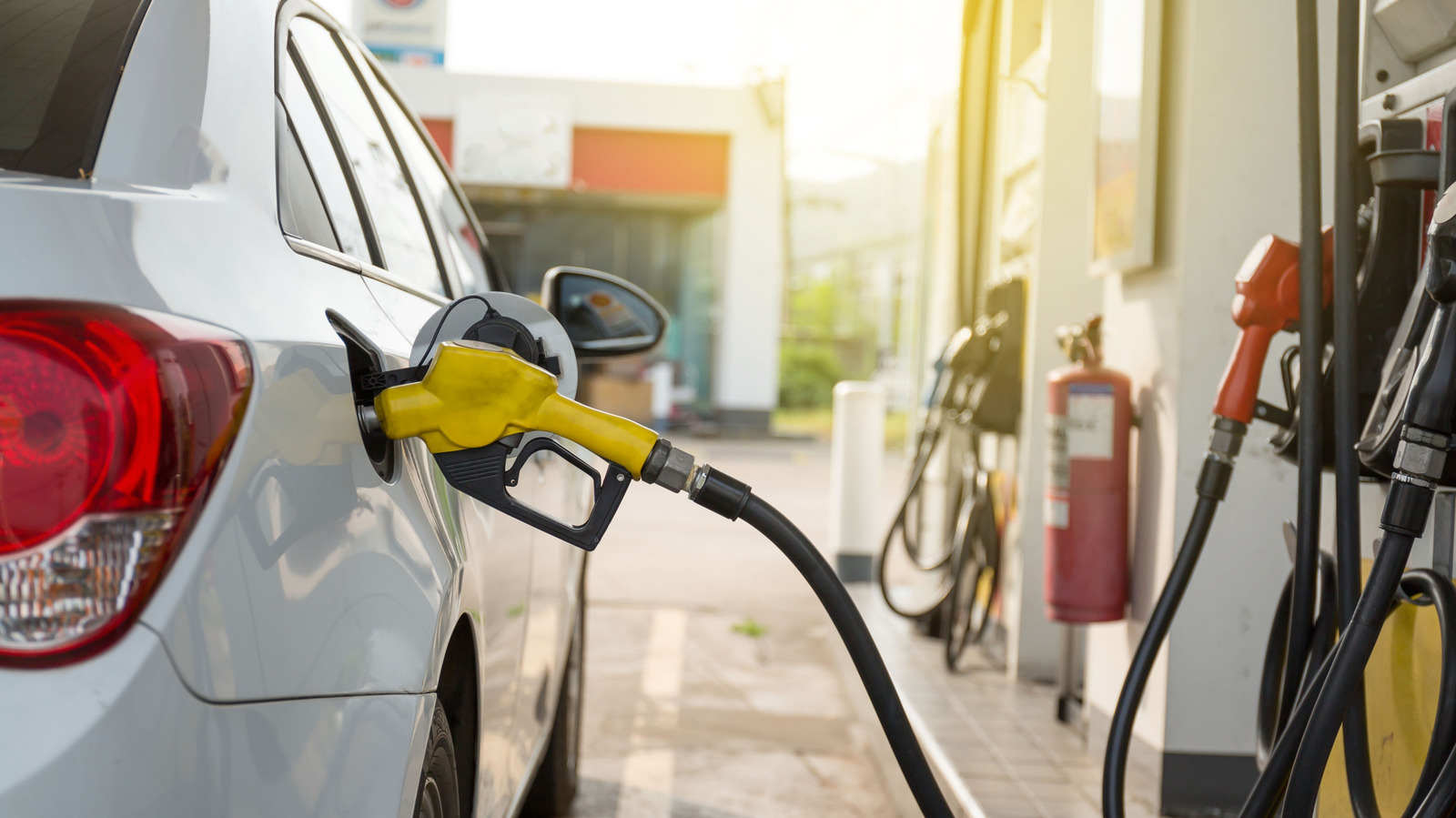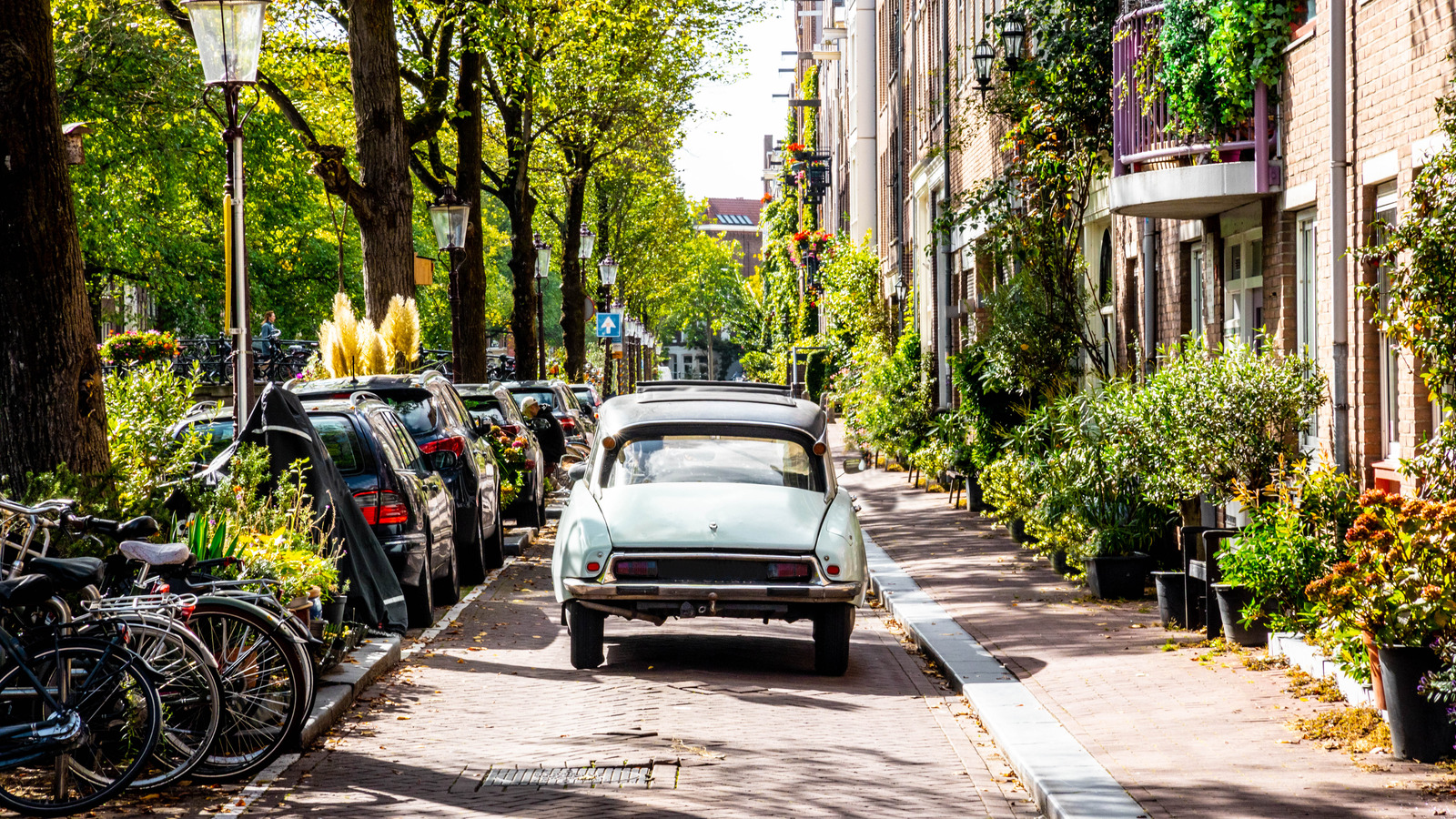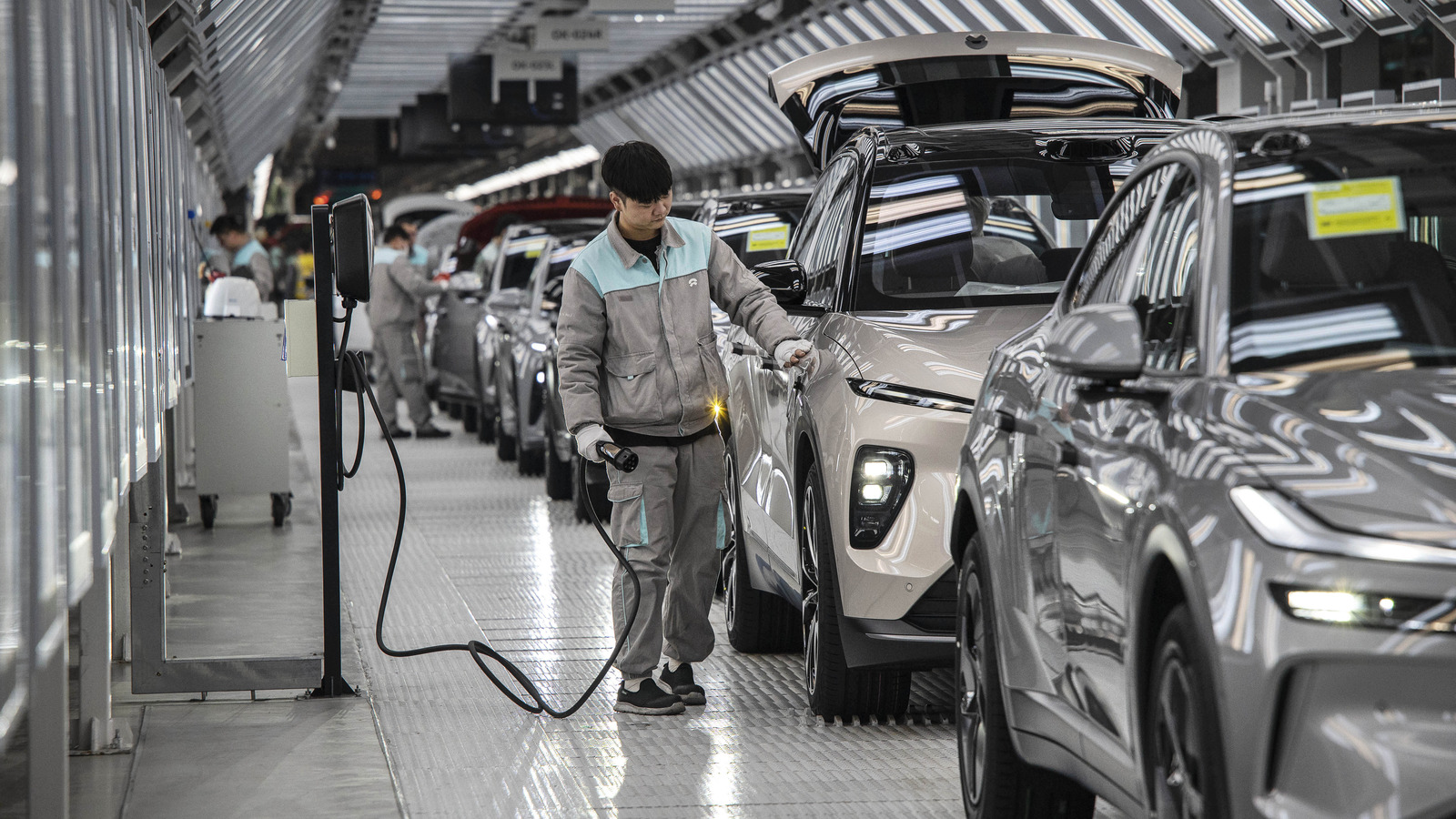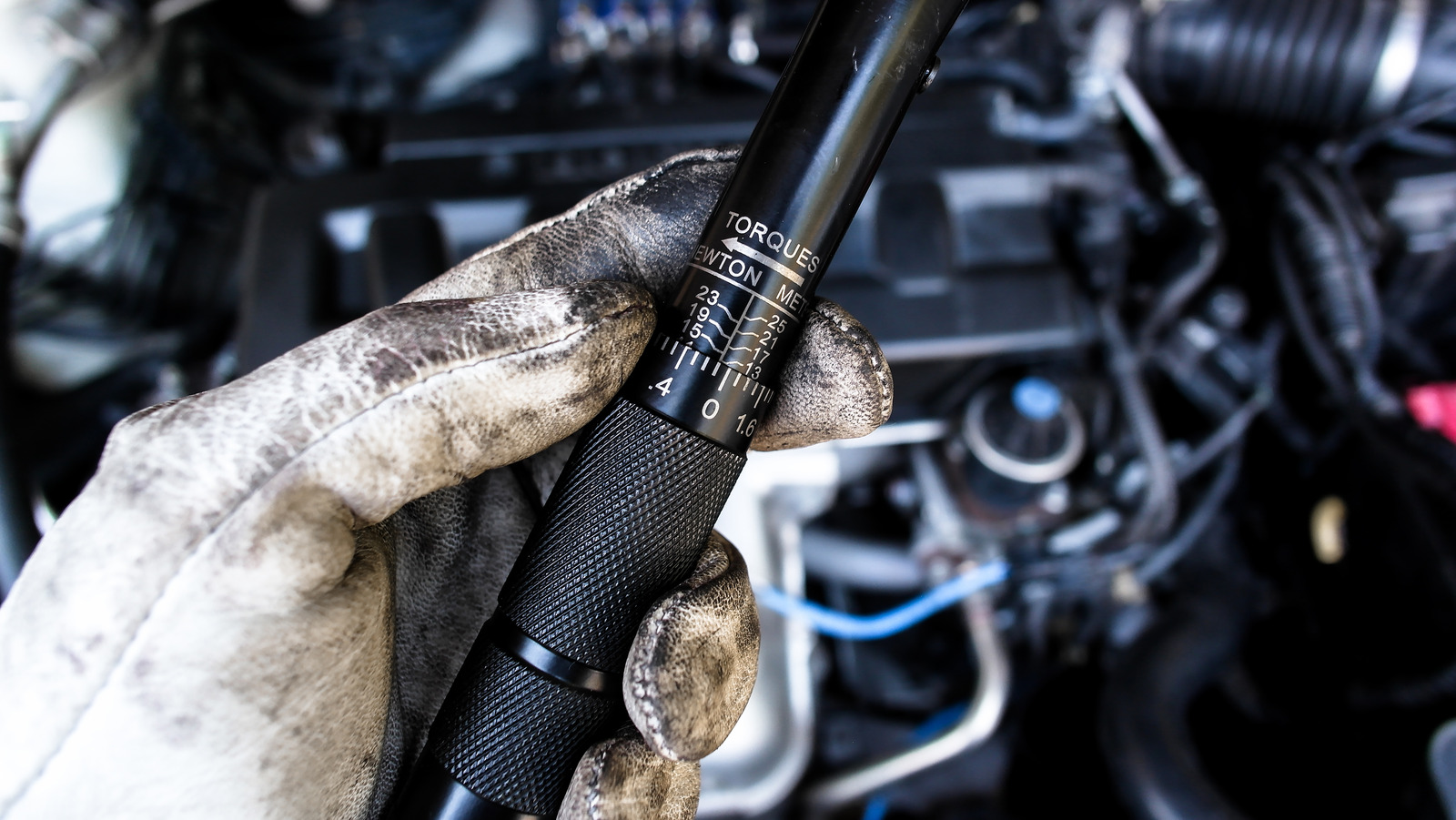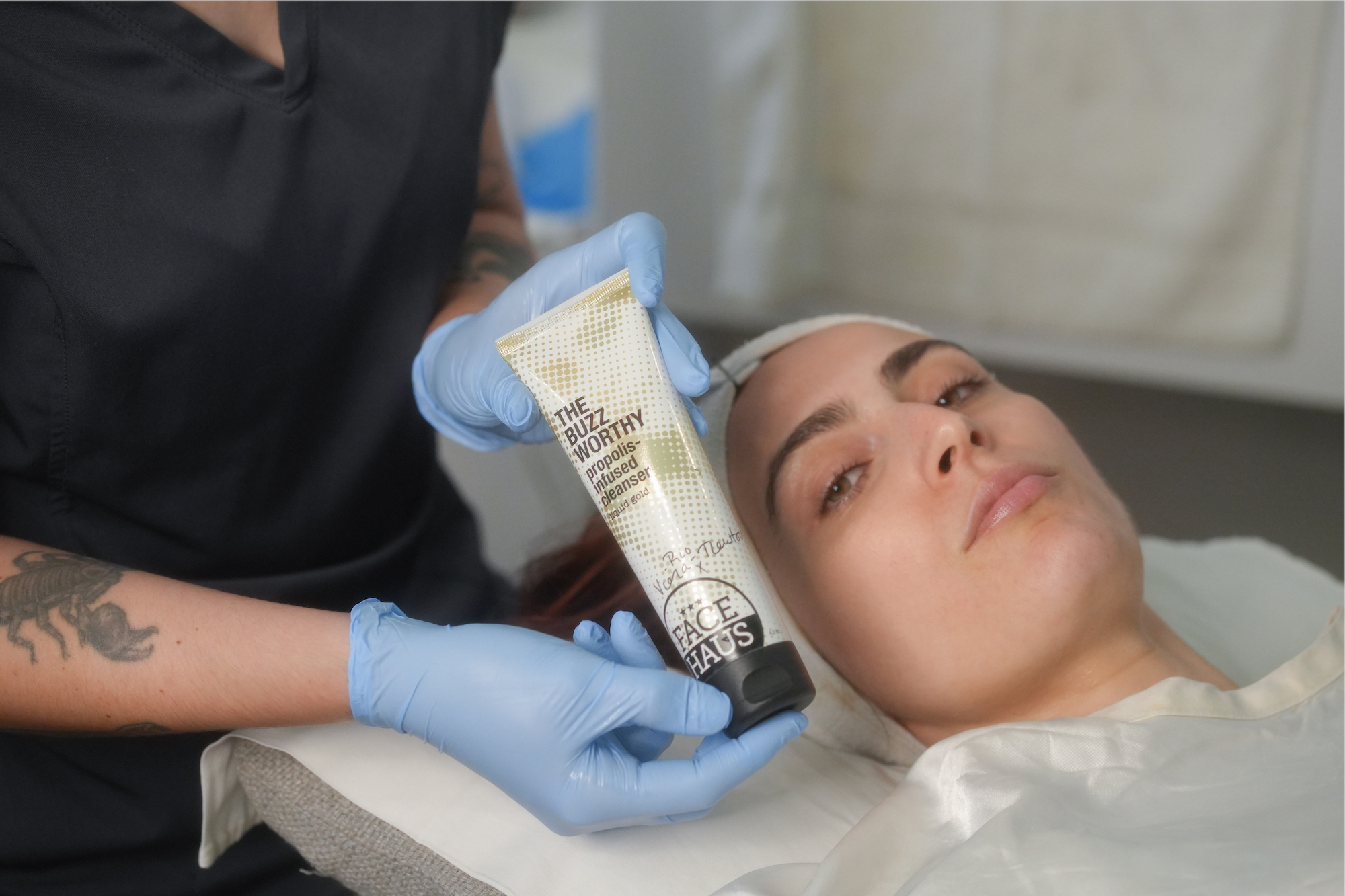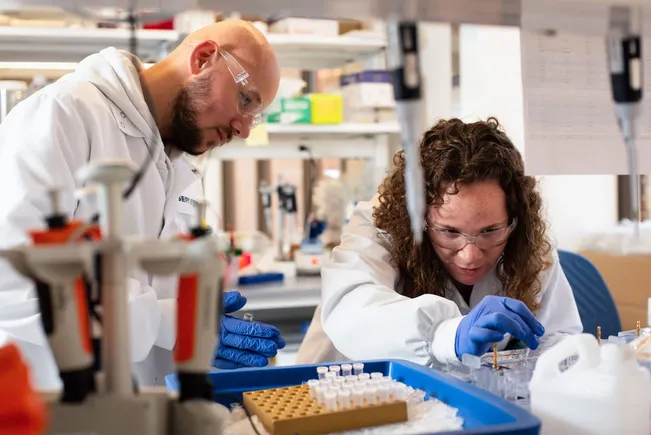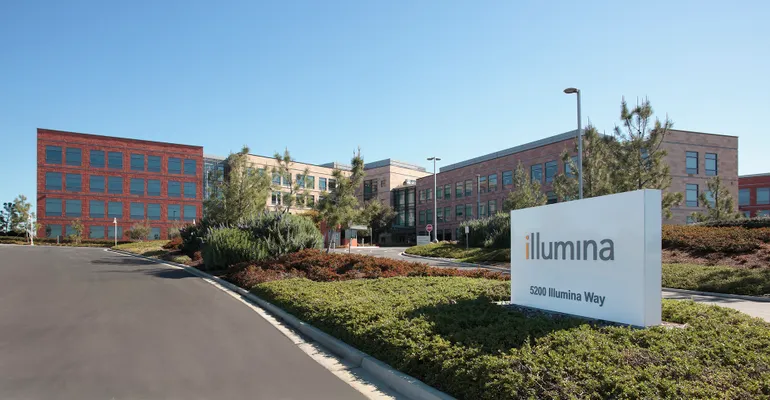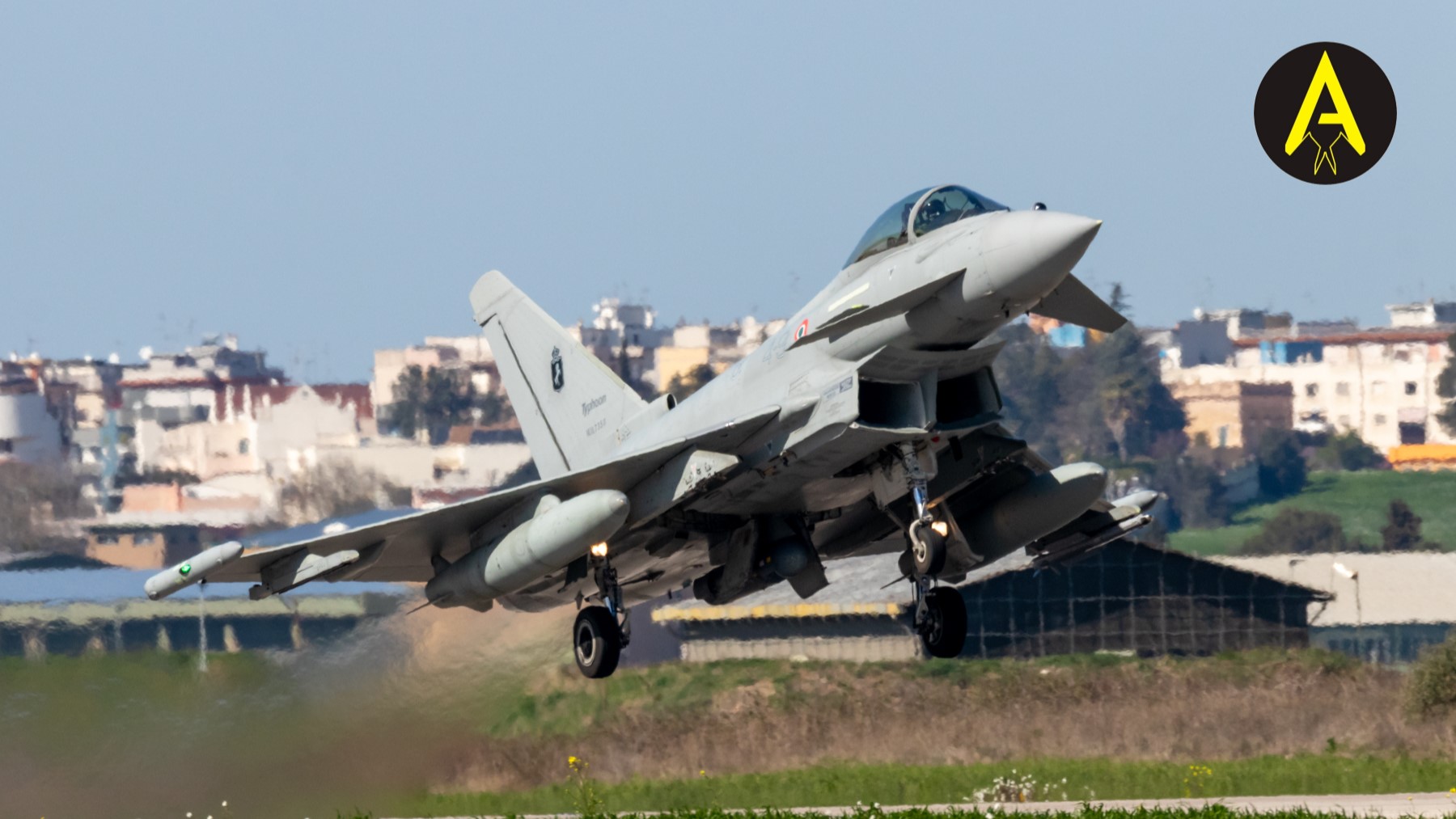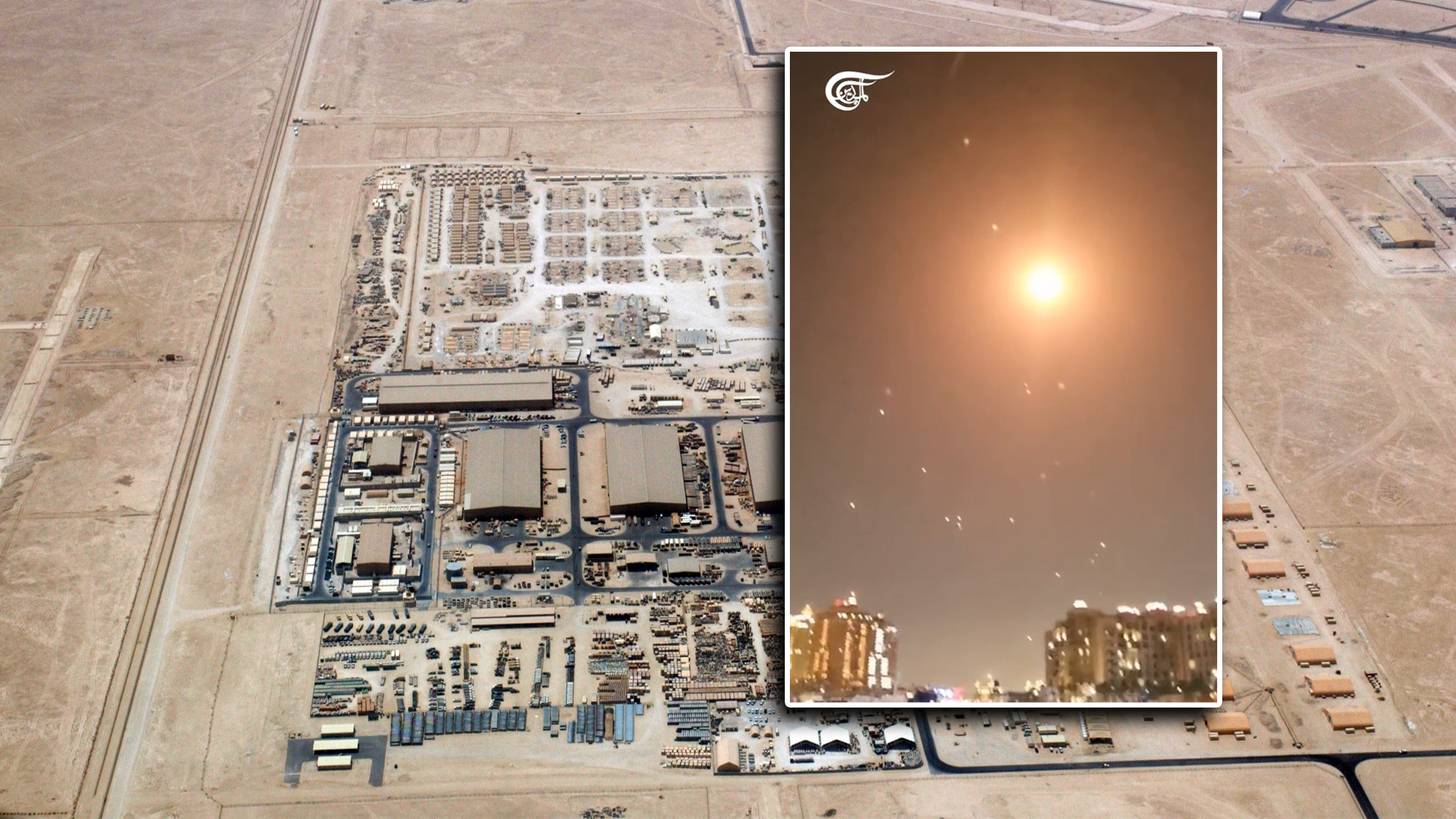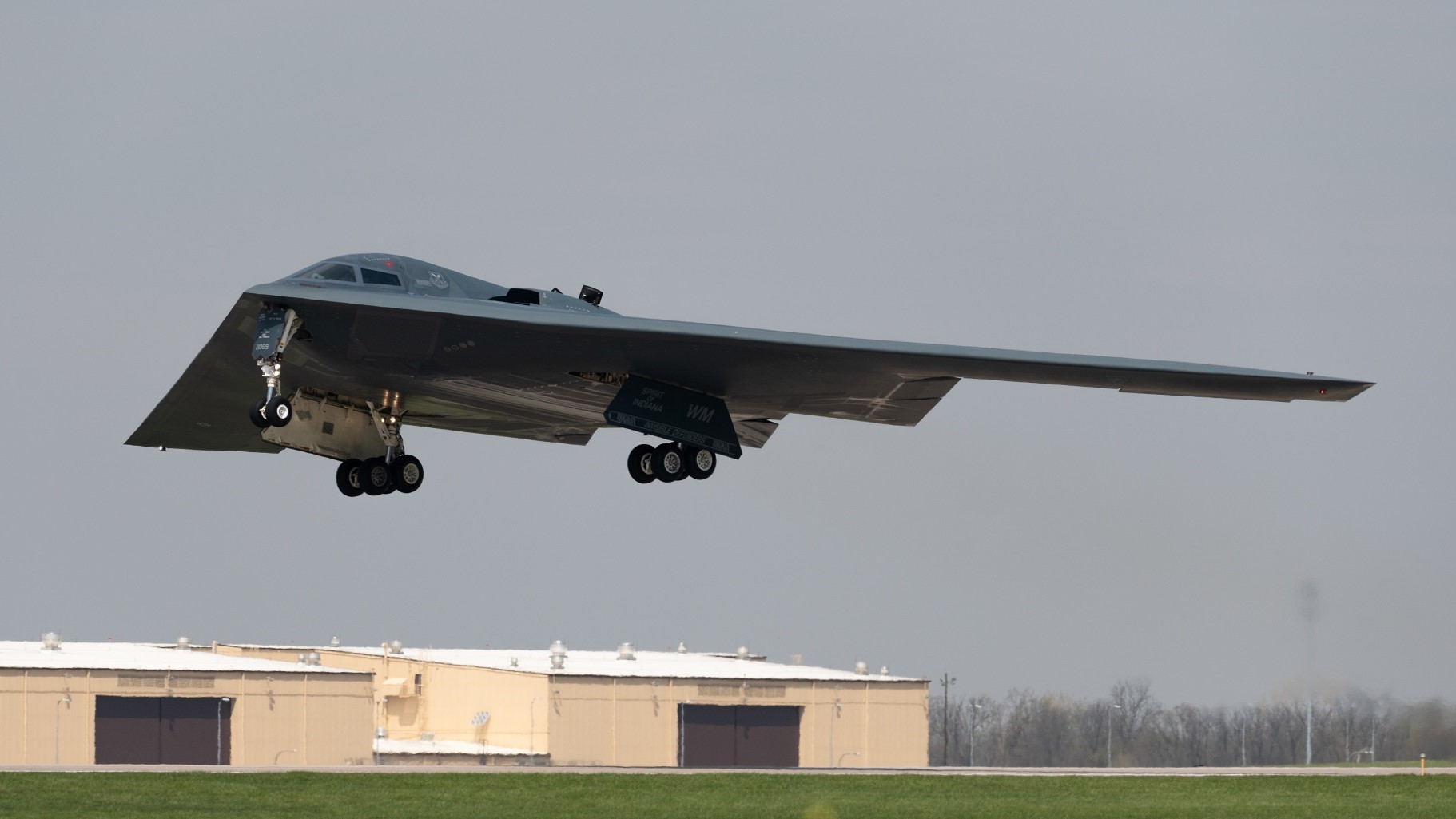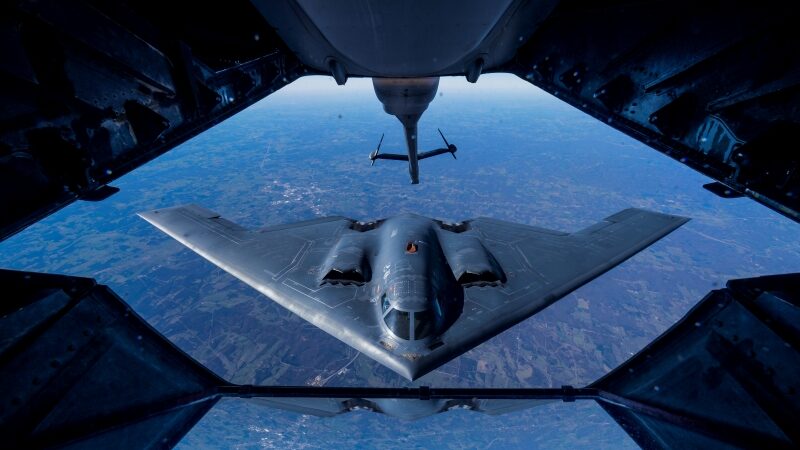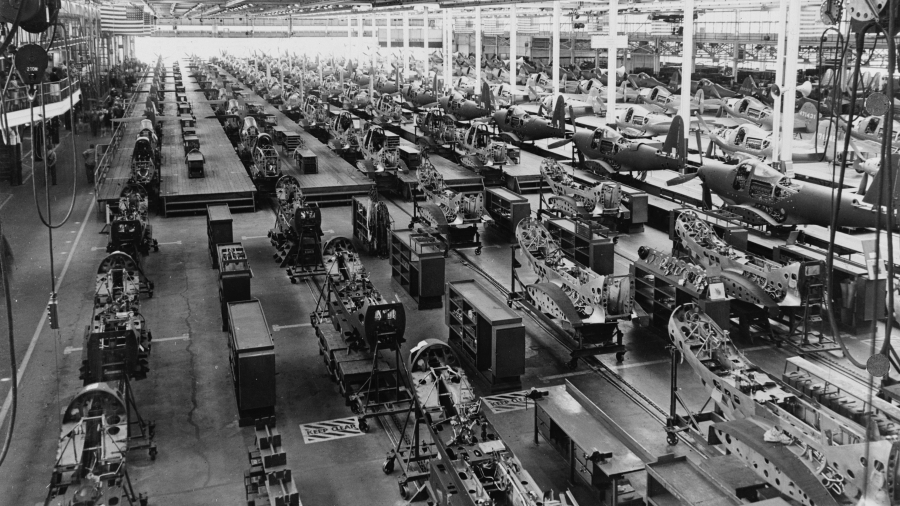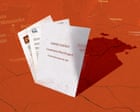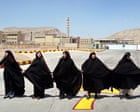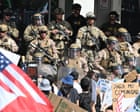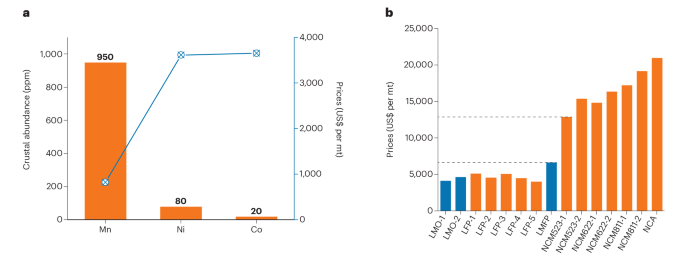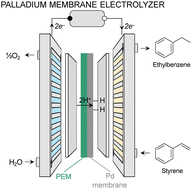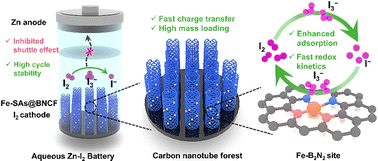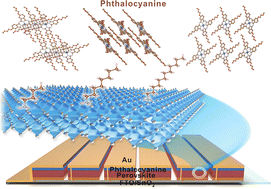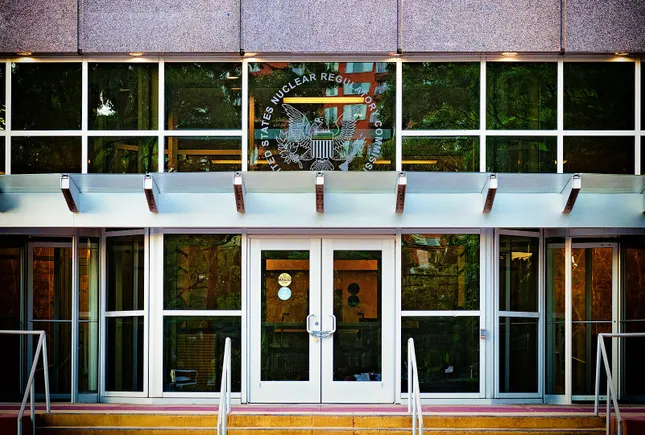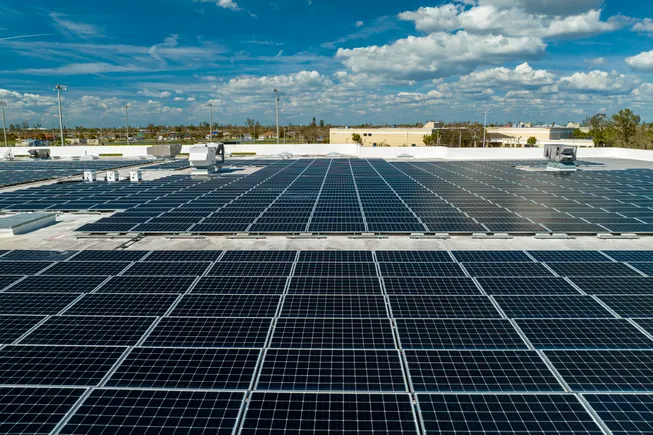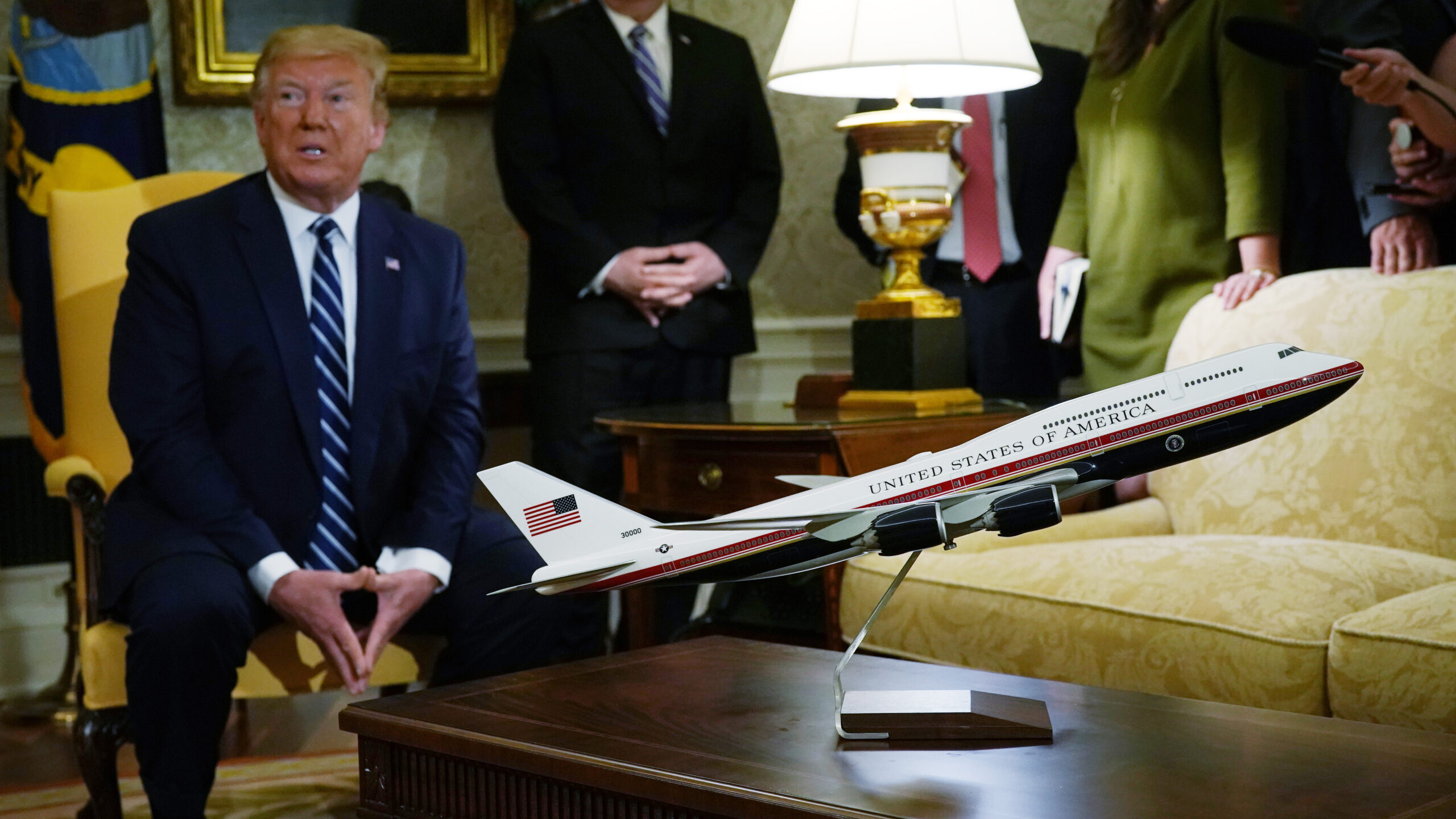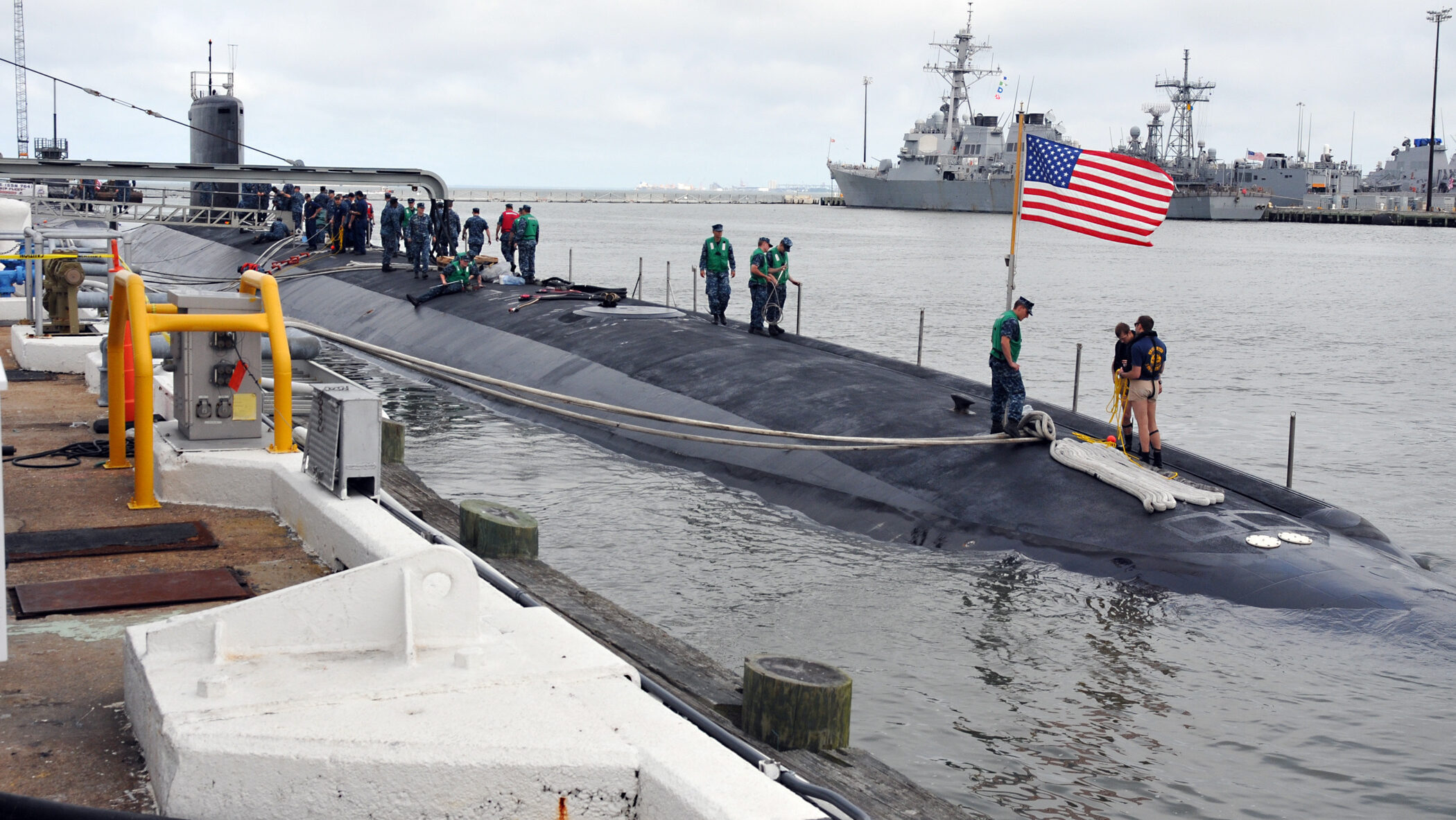NATO allies, besides Spain, set to make 5 percent GDP spending pledge
“This is a quantum leap that is ambitious, historic and fundamental to securing our future,” said Mark Rutte, NATO Secretary General.


NATO Secretary General Mark Rutte addresses media at a pre-NATO summit press conference in The Hague (NATO)
BELFAST and THE HAGUE — NATO allies, with the exception of Spain, will formally agree on a new 5 percent GDP defense spending target at the alliance’s two day annual summit, kicking off in the Netherlands tomorrow.
“The defense investment plan that allies will agree in the Hague, introduces a new baseline, 5% of GDP to be invested in defense,” NATO Secretary General Mark Rutte said during a press conference today. “This is a quantum leap that is ambitious, historic and fundamental to securing our future.”
He said that the spending pledge — split between spending of 3.5 percent GDP on “core” defense items and an additional 1.5 percent on security investments including infrastructure — will be rolled out alongside a “concerted effort to ramp up [the] defense industry across NATO.”
The spending plan has been in the works for weeks after President Donald Trump put pressure on European nations and Canada to do more for their own security and commit to the 5 percent mark. Trump suggested last week, however, that the US will not have to do the same. “I don’t think we should, but I think they should,” he said of other allies.
On Sunday, Spain was given an exemption by NATO to avoid having to meet the higher spending goal.
“We fully respect the legitimate desire of other countries to increase their defence investment, but we are not going to do it,” said Spanish Prime Minister Pedro Sanchez, adding that spending 2.1 percent GDP would be enough for the country to meet its NATO obligations, according to France 24.
Spain has traditionally been one of the alliance’s lowest spenders, and Rutte appeared to directly question Sanchez’s thinking on whether it will be able to deliver on its NATO commitments.
“The fact is that Spain thinks they can achieve those [new capability] targets on a percentage of 2.1 percent. … NATO is absolutely convinced Spain will have to spend 3.5 percent together” with other spending on security investments, he said. “So each country will now regularly report on what they are doing in terms of spending and reaching the targets, so we will see.”
Rutte also said that the overall 5 percent spending plan will be reviewed in 2029, and called for deeper weapons stockpiles to deter “aggression from any threat.”
At the moment, “there is not nearly enough supply to meet our increased demand on either side of the Atlantic,” he added. “For this, we need to work closely with industry, the major players that are the foundation of our defense industrial base, as well as the newer players that will help as we innovate and ensure our technological edge going forward.”
During a defense industry forum at the summit on Tuesday, the alliance will agree on “new orders and concrete cooperation to expand our defence industrial base,” shared Rutte.
The summit has taken over the somewhat quiet streets of The Hague, known for being the home of the International Criminal Court. The Dutch government has blocked off several city streets surrounding the summit held at the World Forum, reflecting tight security amid rising international tensions.
Among other key events at the landmark event is the expected attendance of both Ukrainian President Volodymyr Zelenskyy and US President Donald Trump, along with additional appearances by Rutte and other NATO member heads of state. Trump is scheduled to meet with Rutte and Indo-Pacific partners on Wednesday and deliver brief remarks, which is shaping up to be one of the most closely watched events at the summit.







